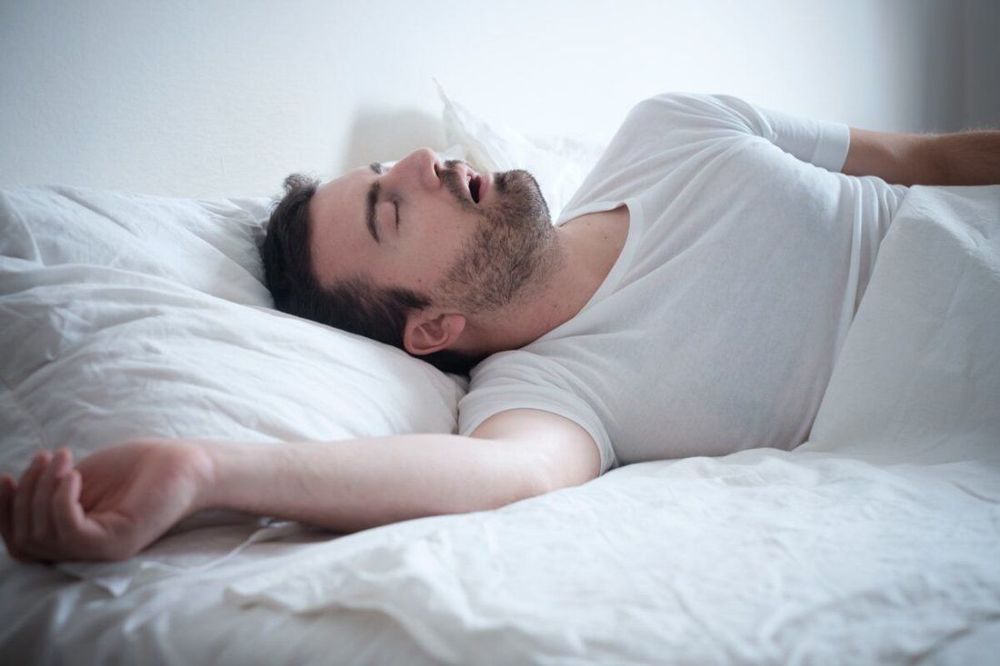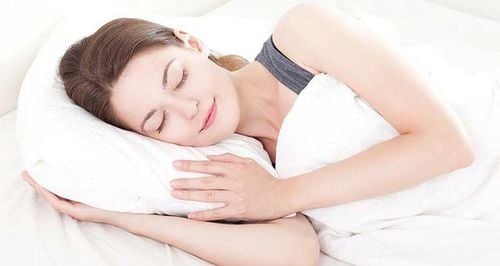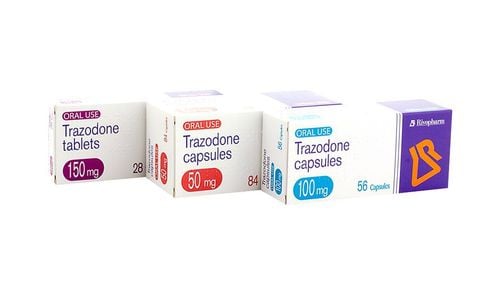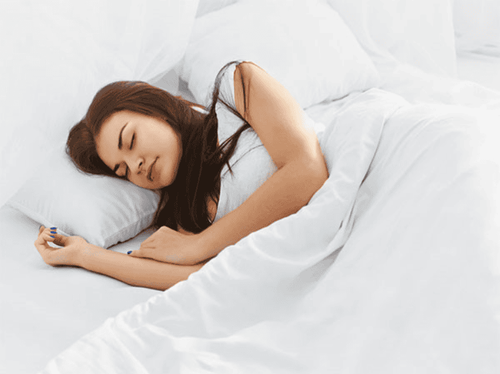Getting enough sleep not only helps you feel comfortable, but also improves mental performance and enhances overall health. However, for many reasons, not everyone is eligible to meet the scientific sleep and rest time.
Most adults need 7 to 8 hours of sleep a day to achieve optimal health. Children and adolescents need even more sleep to support physical and mental development. Teenagers should sleep 8 to 10 hours a night, 9th to 12th graders need 10 to 13 hours a day.
Many people wonder if it is possible to shorten the time of sleep but still feel relaxed and productive when waking up. The answer will be explained in the article below. The quality of sleep plays a role in determining how rested you feel when you wake up. However, even if your sleep quality is good, sleeping fewer hours than the recommended number is harmful to your health and mental performance.
Trắc nghiệm: Bận rộn có ảnh hưởng đến sức khỏe của bạn không?
Cuộc sống hiện đại khiến chúng ta vì quá bận rộn mà quên chăm sóc sức khỏe cho chính mình. Ai cũng biết rằng lịch trình làm việc cả ngày có thể khiến bạn kiệt sức, nhưng cụ thể bận rộn ảnh hưởng thế nào tới sức khỏe? Hãy cùng làm thử bài trắc nghiệm dưới đây.
1. Is 4 hours of sleep a night good for your health?
For most people, 4 hours of sleep a night is not enough to wake up feeling rested and alert, no matter how well you slept. There is a misconception that you can adapt to short sleep periods in the long term, but there is no evidence that other organs can adapt to sleep deprivation.
In addition, people who exercise regularly need more than the minimum recommended hours to give their bodies time to recover from physical stress. A 2018 study that examined the sleep habits of more than 10,000 people found that: Regularly sleeping 4 hours a night was equivalent to aging the brains of study participants by 8 years.
Sleeping less than 7 hours a night over a long period of time can increase the risk of developing risks such as:
- Depression.
- Obesity.
- High blood pressure.
- Diabetes.
- Sleep apnea.
- Mental disorders.
- Cardiovascular disease.
However, because each person's physical condition is different, some people can thrive by sleeping less than others. Researchers say this is called a genetic sleep mutation.
Specifically, scientists have found a rare mutation of the ADRB1 gene in people who can rest less than 6.5 hours a night without harming their health. If you have this gene mutation, you may feel relaxed even when sleeping less than the recommended number of hours.

2. Is it better to sleep multiple times a day?
Sleeping multiple times over a 24-hour period rather than once a night is called polyphasic sleep. One of the most popular polyphasic sleep programs involves six 20-minute naps spaced evenly throughout the day for a total of 3 hours/day.
Many people claim that polyphasic sleep allows you to sleep more efficiently and achieve the same amount of rest in fewer hours. However, there is no medical evidence that polyphasic sleep is better than regular sleep. Insufficient sleep in polyphasic sleep programs can have negative health consequences like sleep deprivation.
3. How to sleep less and still have more energy?
Reducing your sleep time on a regular basis is not a good idea. However, many people's lives are getting busier and busier, which can sometimes prevent you from getting enough sleep for a while. In fact, there is no way to shorten your sleep time and still have energy. However, here are some ways to help you overcome short-term sleep deprivation.
Light exercise can stimulate blood flow to the brain and temporarily make you more alert. However, strenuous exercise can make you feel more tired.
Limit the use of electronic devices in the hour before bedtime. Screens emit blue light, which can interfere with the body's natural circadian rhythm and melatonin production.
Removing your phone and other distractions from your room can help limit idle time in bed that leads to insomnia.
Bright lights in your bedroom can interfere with your body's natural production of melatonin. So, make sure the lighting in your room is low.
Caffeine is a stimulant that acts on your central nervous system and can reduce sleepiness. So, stay away from caffeine to get a good night's sleep.
An overall healthy diet can give you more energy throughout the day.
Avoid alcohol: Alcohol has a sedative effect that slows down the activity of your central nervous system and can make you sleepy.
Limit your fluid intake before bed to avoid having to get up in the middle of the night to use the bathroom.
Taking a 20-minute nap during the day can help you recharge without making you feel sleepy.
Exposure to sunlight can improve your concentration by stimulating serotonin production.

4. Side effects of not getting enough sleep
- Drowsiness.
- Irritability and mood swings.
- Food cravings.
- Frequent yawning.
- Low productivity and concentration.
- Forgetfulness.
- Frequent illness
5. How do sleep cycles and stages work?
Normally, the body goes through a cycle of four stages of sleep throughout the night. One cycle takes about 90 minutes. The stages of sleep are:
- N1: This is the lightest stage of sleep, lasting from 1 to 5 minutes. During this stage, breathing and heart rate slow down and muscles relax.
- N2: This stage lasts about 30 to 60 minutes. Breathing and heart rate slow down even more and body temperature drops.
- N3: The third stage of sleep is also known as deep sleep. This period lasts about 20 to 40 minutes, when the body repairs damaged tissues and cells.
In short, most adults need at least 7 hours of sleep each night to wake up feeling refreshed. Sleeping less increases the risk of many diseases such as: Diabetes, depression or cardiovascular disease. Therefore, you need to balance between study time and rest time.
To arrange an appointment, please call HOTLINE or make your reservation directly HERE. You may also download the MyVinmec app to schedule appointments faster and manage your reservations more conveniently.
Reference source: healthline.com













